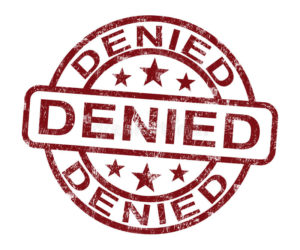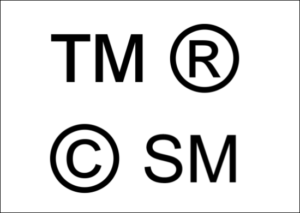Can we file a word and logo in a single application?
Trademark, in simple terms, is a source indicator of a product or a service. Consumers identify the origin of a particular product or service through its trademark. The usage and adoption of trademarks have had evolved continuously over the past several years. The commonest types of trademarks are 1) standard character and figurative marks and 2) sound and smell marks, while the former being conventional and the latter, non-conventional. Often people are confused between a word mark and figurative mark, i.e., logos and designs, and the extent of protection each mark enjoys. Undisputedly, word mark enjoys wider protection than the figurative marks. Some businesses use their trademark in a plain font style or as stylized words without any graphical or...




